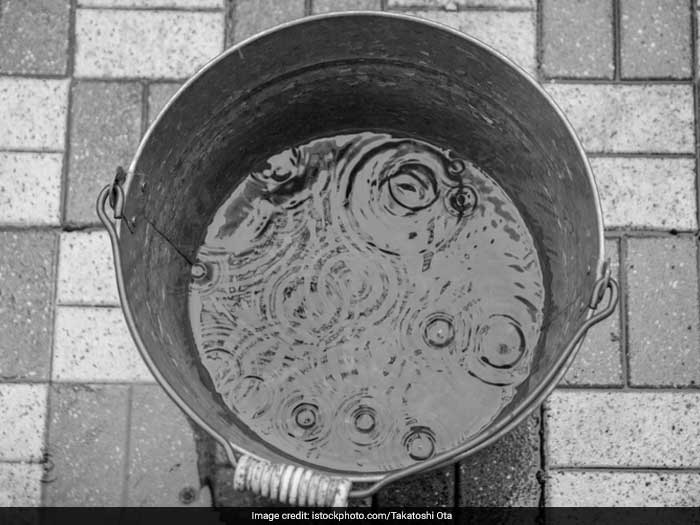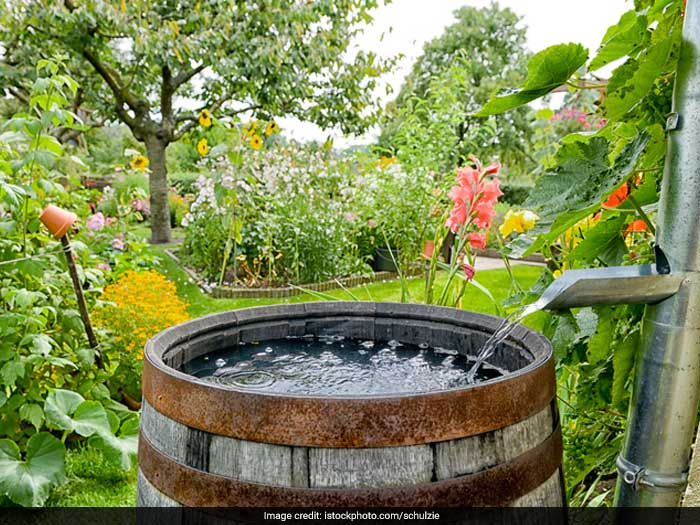India’s water crisis is a reality no individual or organisation can shy away from. The country’s population is estimated to reach 1.7 billion by 2050 and this will put immense pressure on India’s groundwater levels. The country at present uses nearly 250 cubic kilometres of water annually, of which irrigation and domestic usage form 65 and 85 per cent respectively. Water wastage is a major problem as overdependence on rivers and groundwater has left both these sources dry and depleted. Further, pollution of water resources from household and industrial waste has also resulted in water from several water bodies become unusable for domestic purposes.
The growing urban population has contributed to water wastage despite only 62 per cent of urban households having access to tapped water. But wastewater can also be utilised for several domestic purposes and doing so ensures overall saving of water. The Ministry of Drinking Water And Sanitation estimates that urban households with a family of four waste nearly 600 litres of water every week, a huge quantity considering the impending water crisis the country faces. Water conservation is a rarely touched upon topic in India and so it is not strictly followed. Here are five ways to save water and cut down on its wastage.
1. Using A Shower Bucket
A warm and comfortable shower after a long and tiring day is something we all look forward to. But a lot of water is unintentionally wasted when we turn on a shower. Next time you are turning on a shower, place an empty bucket below to collect the water that drips down. The amount of wastewater collected will definitely help you realise how much water is wasted with every shower.
2. Reusing Water Used For Washing Vegetables/Cooking
Water used to wash vegetables often just goes down the drain. The practice is an absolute wastage of water, as water is often used in a luxurious manner when washing vegetables, or even during boiling of certain edible items. Next time you use piped water to wash vegetables or boil your pasta, the used water can be comfortably reused in toilet flushes, mopping of rooms or to water your plants.
3. Creating A Rain Garden
A rain garden is a constructed area which collects rainwater from roofs, pipes and driveways etc. During monsoon, a large quantity of rainwater is wasted as most houses do not have any rainwater collection mechanism installed and is lost in drains. Common uses of wastewater from rain gardens include using it for washing cars, utensils and other activities which require water other than consumption. A rain garden also ensures that there is no additional pressure on the city’s sewage system as the rainwater is collected instead of going into the drainage system.
4. Collecting Overflowing Water From Plants
Your passion for gardening may also be the reason for excess water usage in your home. You must have noticed how some water flows down drainage holes at the bottom of pots. Instead of letting the excess water go to waste, you can collect it and reuse it to water your plants. Do this especially while watering larger plants so that the smaller ones can be watered using the wastewater collected from drainage holes.
5. Reuse Excess Drinking Water
Drinking water is also wasted by many of us at homes, even if unintentionally. Often half-filled water bottles and glasses are emptied by us casually, only to fill them with freshwater. Because of this daily habit of ours, several litres of water is wasted over a period of time. Make it a habit to empty your half-filled bottle or glass over a plant, or use it to wash utensils or any other household items. It must become a habit to not waste any amount of water, no matter how small the quantity. Every drop of water counts.
Also Read: Do It Yourself: Here’s How You Can Treat Flower Waste And Turn It Into Everyday Use Items

































Aakriti Rawat
February 28, 2021 at 8:29 am
1367